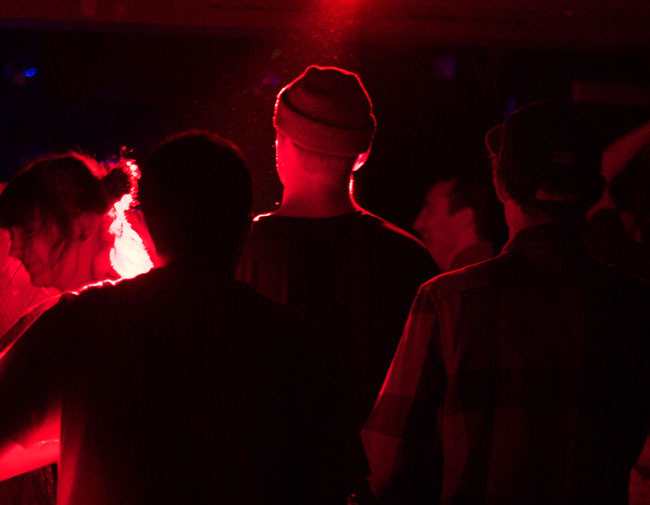Allow me to indulge myself a little, and cast your mind back to a time when you could guiltlessly gatecrash an acquaintance’s after-party without risking the initiation of a public health disaster. This was a time when you could sidle through a damp and crowded student house to find yourself sharing a cheap bottle of wine with someone you vaguely recognise from the arts’ block benches. It remains to be seen how qualified I am to make the following assessment of Trinity’s house party scene – I write this with an air of self-confidence which is perhaps disproportionate to the actual number of house parties I’ve attended, or even been invited to. But I’m feeling nostalgic nonetheless, so I’ll continue.
When the armchair epidemiologists had yet to come out of their cave, current affairs was still often the preferred topic of conversation and your contribution to the discourse could make or break the potential for future interaction with your newfound friends. Reading the room was imperative – in most situations it was best to prove that you had read Das Kapital more than once but choose to maintain a reasonable level of general indifference to contemporary politics “because we’re all going to die anyway”. When used effectively, this strategy had the overall effect of portraying you as someone who is sufficiently well-informed to have lost faith in the party political system altogether. It was a win-win.
I’m not saying that talking about politics at parties is a Trinity-specific thing, but the speed with which people are routinely pigeon-holed into taking certain places on the left-right scale based on one drunken conversation is astounding. The clothes you wear and the companies in which you do internships are both examples of key indicators used to place you somewhere on the socialist to capitalist scale.
When used effectively, this strategy had the overall effect of portraying you as someone who is sufficiently well-informed to have lost faith in the party political system altogether
You’re not a friend of the environmentalist movement unless you’re a composting vegetarian wearing exclusively recycled clothes. As frustrating as it is to have your life choices scrutinised like this, it’s an inevitable symptom of attending a college whose campus is perhaps overpopulated with politically oriented societies. Everyone has to have an affiliation or a cause, lest they be branded as politically ambivalent or even worse, a Fine Gaeler.
Trinity house parties and pseudo-political “debate” are synonymous. A good illustration of this phenomenon is to be found in – you guessed it – the television adaptation of Normal People. I can’t count the number of times my friends from home, having watched the series on RTÉ, have asked “is that what Trinity is really like? Do people really sit around and drink red wine and talk about politics all the time?”. And as much as I wanted to say no, I couldn’t in good conscience deride Sally Rooney for such egregious hyperbole while I myself sat next to a mantlepiece lined with empty bottles of Dada art wine. I have unwittingly become part of something I would have rolled my eyes at five years ago.
It does beg the question of whether or not it is possible to socialise without the dread of having to discuss the dissolution of democracy and electoral politics with people you barely know. In my experience, there is an unspoken perception that if you’re unwilling to offer an original opinion on how you think the equal redistribution of wealth can be achieved within our lifetime, you’re vacuous and apathetic.
I couldn’t in good conscience deride Sally Rooney for such egregious hyperbole while I myself sat next to a mantlepiece lined with empty bottles of Dada art wine
But general intelligence, insight and academic achievement are not confined to those who take an interest in political philosophy. And even those who are well-informed on current affairs should not be compelled to do so in unfamiliar alcohol-fueled social settings.
Sometimes you just want to defend the lyrical depth of Harry Styles’s second album to a room of disinterested society hacks. This is a challenging enough task without having to defend your position as a politically-engaged member of society too. I am therefore tentatively suggesting that when the pandemic eventually abates and house parties finally return, we stop using political awareness as a metric by which to measure the intellect of new friends. There are so many other interesting, less polarising subjects you can use to get to know people. Let’s all resolve not to use politics as a crutch anymore – we can do better.







